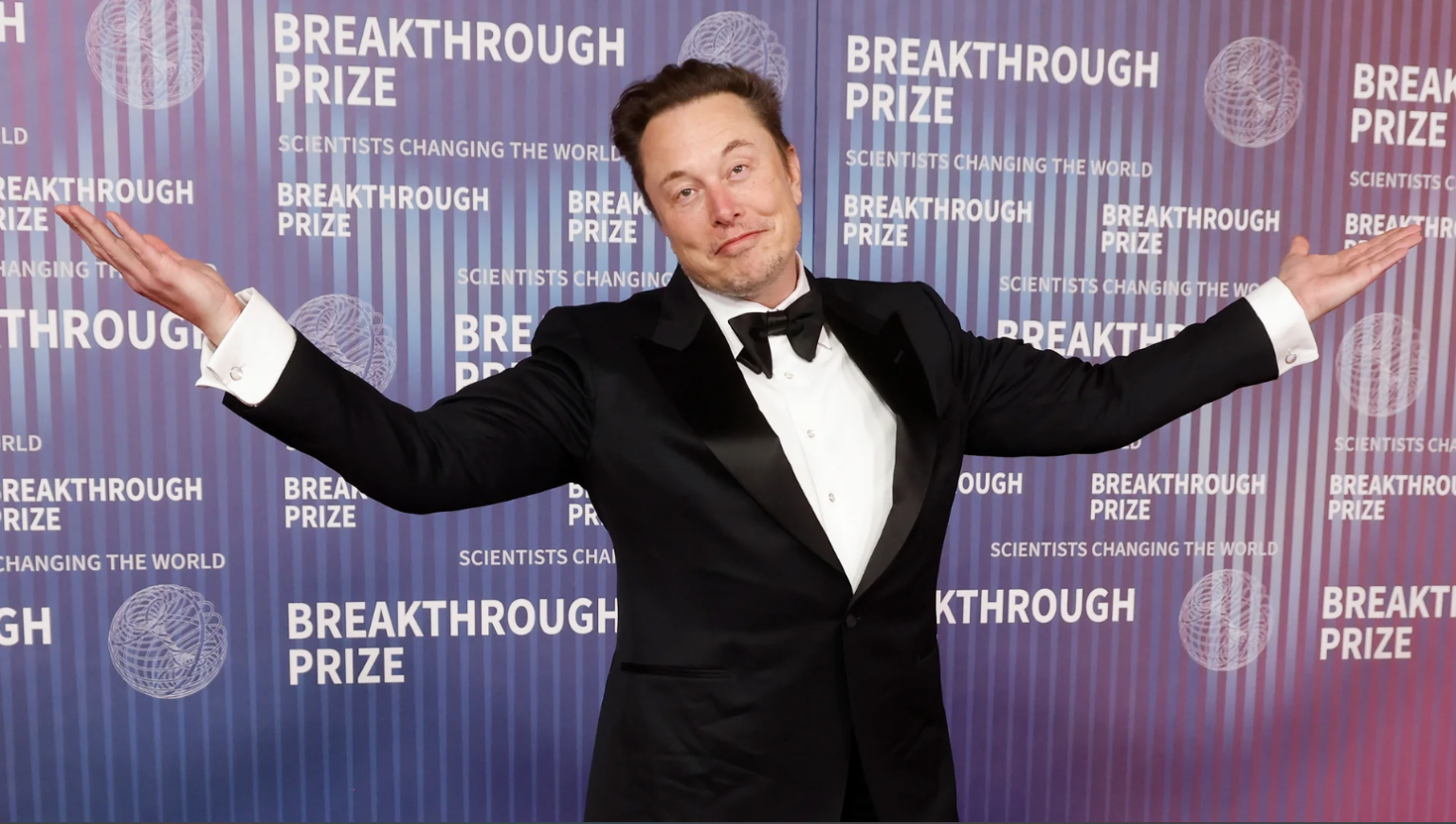Elon Musk, the billionaire entrepreneur and CEO of Tesla, SpaceX, and X (formerly Twitter), is no stranger to controversy. Over the years, his candid and often incendiary remarks have turned him into a lightning rod for public attention. While his innovations have revolutionized industries from electric vehicles to space exploration, his recent public statements and endorsements have sparked significant debate, particularly regarding European politics, free speech, and social issues. Let’s explore Musk’s latest controversies, their context, and their implications for business and society.
Criticism of UK Policies and Leadership
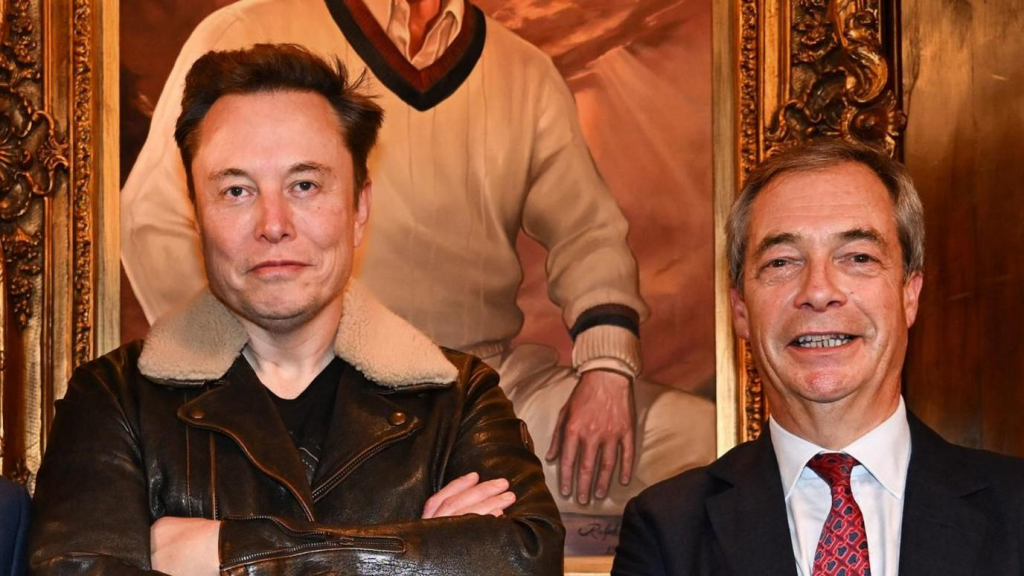
In 2024, Elon Musk turned his attention to the United Kingdom, taking to X to criticize British policies and political leaders. Among his most controversial statements was his attack on Sir Keir Starmer, leader of the Labour Party, whom he labeled as “evil.” Musk accused Starmer of undermining free speech and individual freedoms, sparking intense backlash from politicians and the public alike.
Musk also commented on sensitive social issues, including historic grooming gang scandals in the UK. While some praised his willingness to tackle difficult topics, others accused him of spreading misinformation and inflaming divisions. British politicians, including prominent figures in the Conservative Party, pushed back, warning of the dangers of such rhetoric from someone with Musk’s global influence.
For further context, see:
Support for Germany’s Far-Right AfD Party

Perhaps the most polarizing development was Musk’s endorsement of Germany’s far-right Alternative for Germany (AfD) party. In December 2024, Musk posted on X, “Only the AfD can save Germany,” and later elaborated his position in an opinion piece for the German newspaper Welt am Sonntag. He cited concerns over immigration, energy policies, and economic stagnation as reasons for his support.
This move drew widespread condemnation from German political leaders and European Union officials. Critics argued that Musk’s endorsement lent undue legitimacy to a party known for its controversial stance on immigration and climate policy. Public reactions were equally divided; while some saw Musk as an advocate for change, others viewed his actions as reckless meddling in European politics.
Additional resources:
Social Media Feuds and Accusations

Elon Musk’s combative presence on social media has also fueled controversy. One high-profile incident involved former Scottish First Minister Humza Yousaf. Musk accused Yousaf of being a “racist scumbag” who “loathes white people,” referencing a speech Yousaf gave on diversity in leadership. The accusations drew criticism for being inflammatory and baseless, further highlighting Musk’s propensity for provocation.
This isn’t the first time Musk has clashed with political figures on X. His platform, once a hub for open discourse, has become a battleground for polarizing debates. Critics argue that Musk’s approach undermines the credibility of the platform, while supporters believe it exemplifies the free speech principles he claims to champion.
For details on these events:
Implications for Business and Society
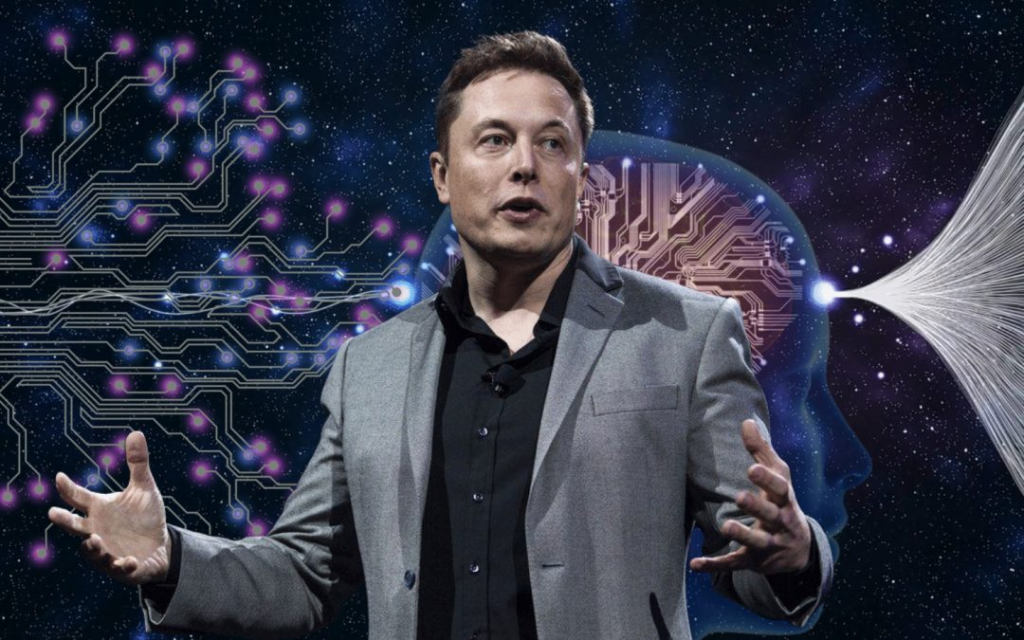
Despite the uproar, Musk’s business ventures remain remarkably resilient. Tesla’s stock prices have shown stability, and SpaceX continues to secure government contracts and expand its satellite network. However, his public persona increasingly diverges from his role as a business leader, raising questions about the long-term impact on his companies.
Investor Concerns

Some investors worry that Musk’s controversial remarks could alienate customers or provoke regulatory scrutiny. Tesla, for example, operates in markets with diverse political and social landscapes. Aligning with far-right parties or making inflammatory statements could jeopardize its standing in key regions.
Public Influence

Musk’s influence extends far beyond his businesses. As one of the most followed individuals on X, his words shape public opinion and can drive cultural and political discourse. This power comes with significant responsibility, and critics argue that Musk often wields it carelessly.
Free Speech vs. Accountability
Musk’s tenure as the owner of X has reignited debates about the limits of free speech. While he advocates for minimal content moderation, detractors point to the rise of hate speech and misinformation on the platform. Balancing these concerns remains a challenge for Musk and his leadership team.
Broader Context: A Pattern of Provocation
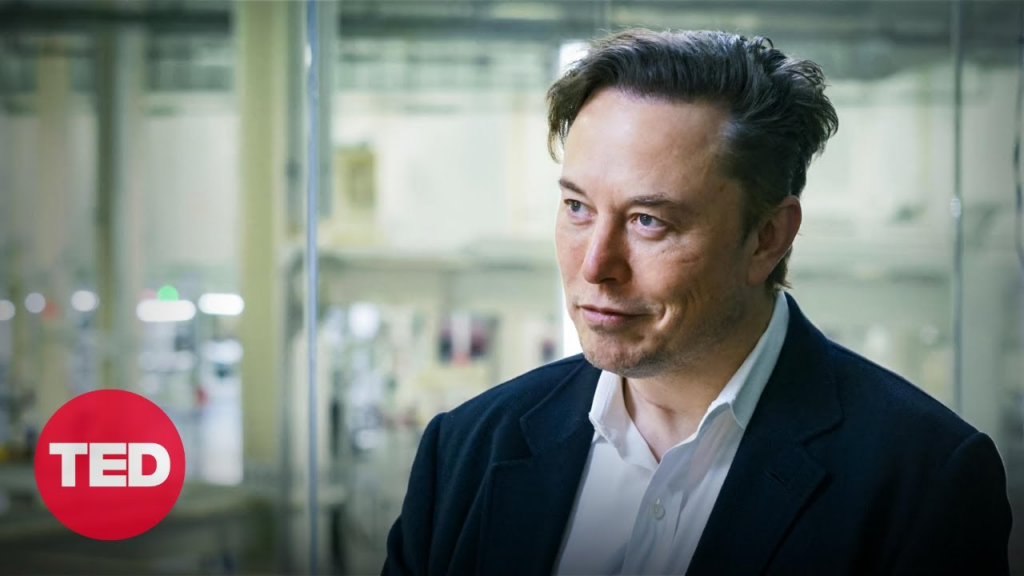
Musk’s recent actions fit into a broader pattern of provocative behavior. From dismissing the dangers of AI to spreading unverified claims during the COVID-19 pandemic, he has frequently courted controversy. Supporters argue that his unfiltered approach is refreshing in an era of corporate doublespeak, while detractors see it as irresponsible and self-serving.
For a historical perspective:
Conclusion: A Divisive Figure
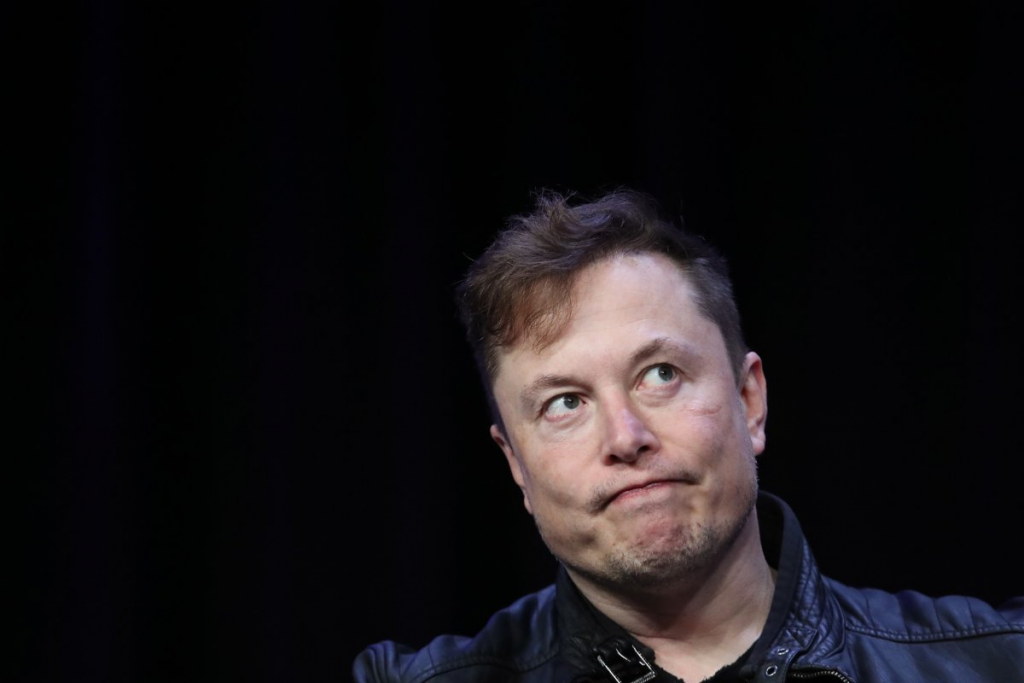
Elon Musk’s recent statements and endorsements have cemented his status as one of the most polarizing figures of our time. While his innovations continue to inspire, his rhetoric often divides. As Musk navigates the intersection of business, politics, and culture, the world watches closely, grappling with the implications of his influence. Whether he’ll temper his provocations or double down remains to be seen, but one thing is certain: Elon Musk will continue to shape conversations and challenge norms, for better or worse.
Further reading:


